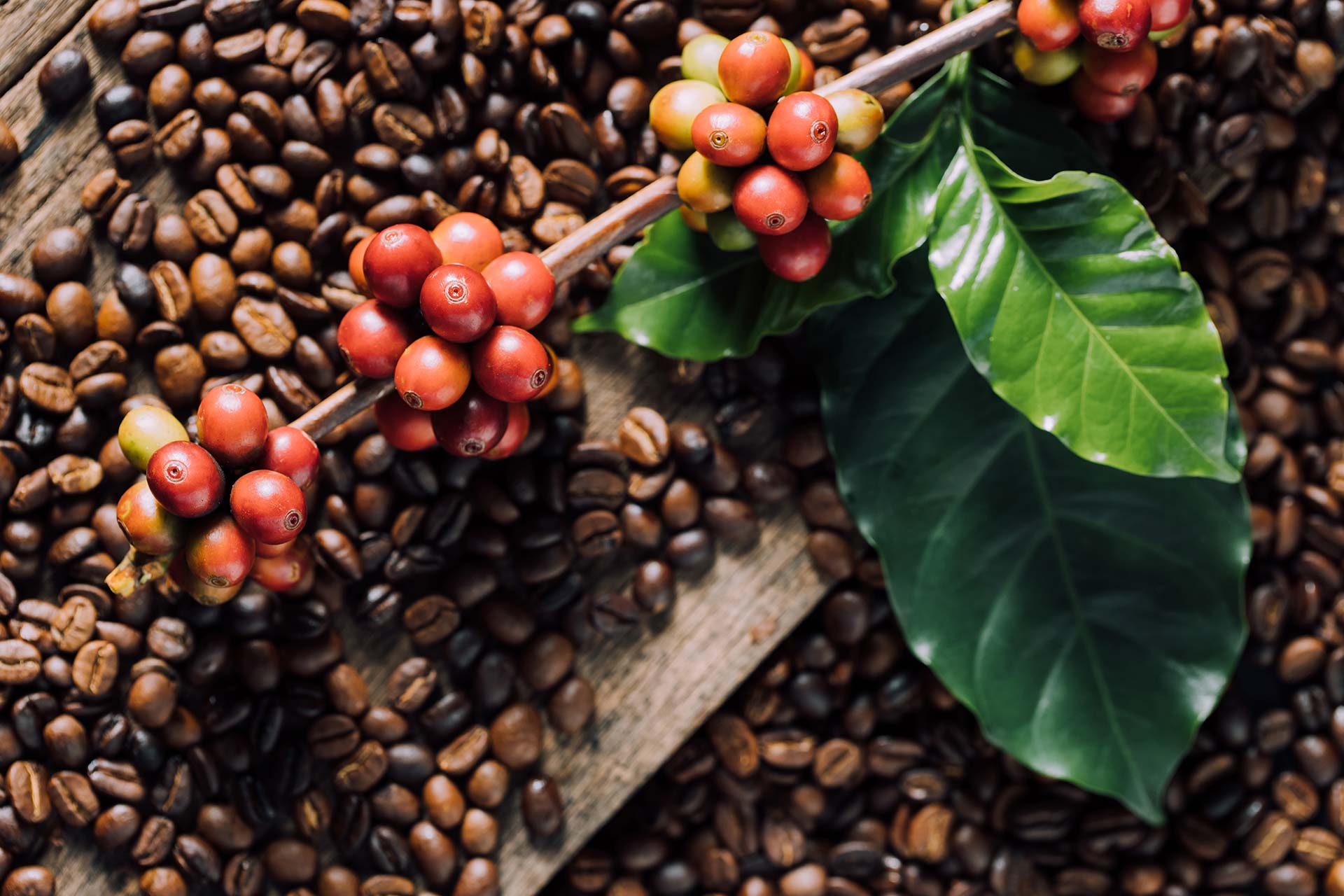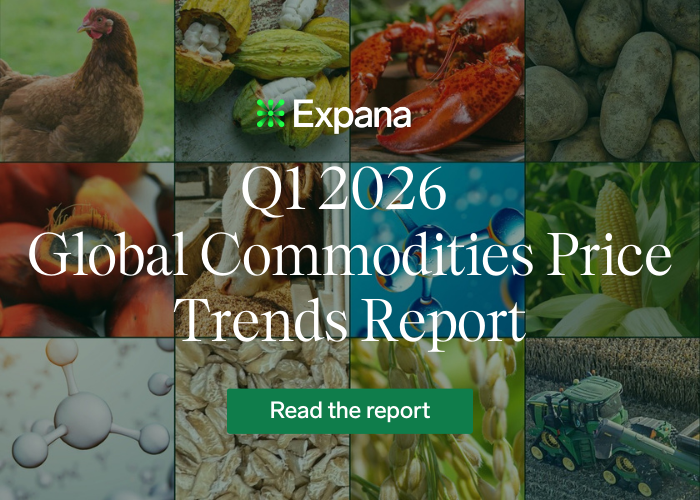Soft commodities like coffee, cocoa, and tea are generally not grown in the US. Despite this fact, US President Donald Trump and his administration rolled out tariff schedules on producing nations, reported Expana.
Reciprocal tariffs on Brazil (10%), Colombia (10%), Vietnam (46%), and Indonesia (32%) will be notable for the coffee industry. Imports from these countries are necessary for US companies selling coffee products.
The Trump administration will negotiate tariff rates down for certain countries who consider dropping rates to 0%, and who agree to eliminate non-monetary trade barriers, Expana reported.
Trump also announced US secondary tariffs on countries buying oil from Venezuela, which could impact countries like Vietnam. As the world’s top robusta producer, Vietnamese leadership will have to figure out ways to navigate reciprocal as well as secondary US tariffs. “It’s particularly impactful,” said Andrew Moriarty, an Expana Managing Editor covering soft commodities like coffee and cocoa.”The industry players I speak to in the US really do not have an easy way to mitigate this,” he continued. “Many are worried about real hits to their margins, and what will happen to demand should these tariffs remain in place for the long-term. Already, roasters have stockpiled a bit earlier this year in anticipation of new tariffs, but coverage is still relatively thin given the very high prices of coffee right now.”. Any US buyer of Vietnamese robusta will have to pay more for their coffee (often used in instant coffee and espresso blends), pass the prices onto consumers, and/or grind the new costs into profit margins.
Some relief may be achievable if those US buyers are able to switch purchasing from Vietnam’s robusta beans to Brazil’s robusta (or conilon) coffee. Vietnam is the leading producer of robusta coffee with 29 million bags (38% of total global production) in 2024, according to Moriarty. Brazil came in second with 21 million bags (27%) in 2024.
In March 2024, Brazilian coffee shipments jumped 92.7% from a year earlier, reported Reuters. Having said that, Brazil’s coffee farmers have faced issues of dry, hot weather impacting bean growth, reported Expana. What’s more, these tariffs come during a time of record-high contract prices for beans. In 2025, contract prices for arabica on NY ICE rose to record-setting levels of 438.90 USc/lb in February. Yesterday, nearby contracts finished trading at 344.80 USc/lb (or $7,601/mt), according to Expana (customer. Contracts for robusta (customer access) followed a similar trend this year–reaching $5,817/mt in February, and falling to $4,796/mt as of yesterday’s closing.
“My initial reaction is that prices go up to the US consumer, the world economy slows, and consumption takes a hit on both counts,” said Steve Wateridge, VP of Analysis at Tropical Research Services (TRS) by Expana.
Already, high contract prices for coffee were forcing the hands of corporate leadership to raise consumer prices of coffee products.
“We’re also acknowledging that we continue to live and operate in a highly inflationary environment with green coffee costs. And we are going to have to continue to navigate this environment through additional pricing actions, while also navigating the price elasticity of demand factors […]” said Tucker Marshall, CFO for JM Smucker–brand owner of Cafe Bustelo.
Written by Ryan Gallagher




